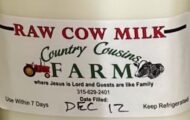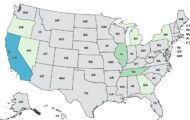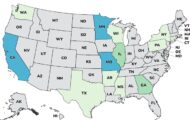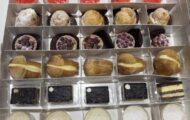The FDA has sent a warning letter to Northwest Frozen LLC, doing business as Banzai Sushi, in Seattle, Washington. That seafood processing facility has serious violations of seafood Hazard Analysis and Critical Control Point (HACCP) regulations and Current Good Manufacturing Practice regulations for food.
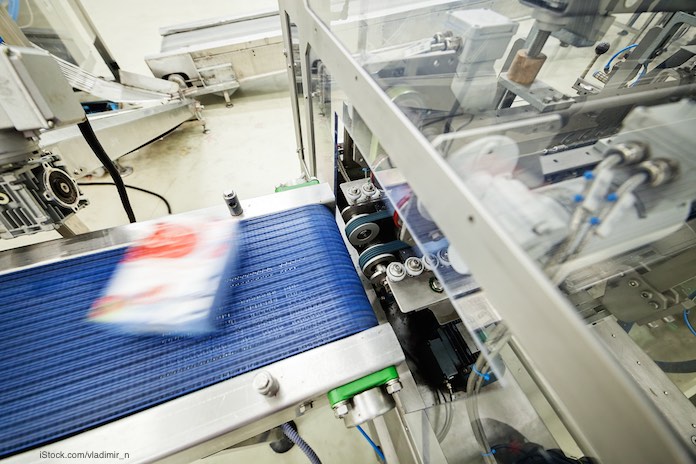
The facility must conduct or have conducted a hazard analysis for each kind of fish and fishery product produced. And an HACCP plan that lists the food safety hazards that are reasonably likely to occur. The firm’s HACCP plan for “Frozen IQF Sushi Pieces” does not list the following food safety hazards: Clostridium botulinum growth and toxin formation; pathogenic bacteria growth and toxin formation; and undeclared allergens.
The letter states that intact vacuum-packaged seafood products are placed in the walk-in cooler overnight for sushi production the next day. The Storage Temperature Lots reveal “multiple excursions” at or above 40°F and up to 44°F between May 2015 and December 2016. Vacuum-packed products that are refrigerated as protection against Clostridium botulinum should be maintained below 38°F. In addition, in-process surimi used in sushi was stored in the walk-in cooler throughout the processing day.
The firm must monitor sanitation conditions and practices. But employees did not monitor the condition and cleanliness of food contact surfaces, prevention of cross contamination, and protection from adulterants often enough to ensure compliance.
Machines used to make ready-to-eat sushi rolls were not disassembled for cleaning. Debris was observed covering one of the holes in the metal drum of the machine. In addition, plastic strip curtains above a belt used to move sushi trays for freezing were visibly soiled and came into direct contact with uncovered trays of sushi. In addition, dirty packing tape adhered to food contact surface, and a conveyer belt was observed with food buildup between the crevices of the belt and debris on the underside after it was cleaned.
Employees were observed touching non-food contact surfaces, including a soiled rag, a pen used for pH monitoring, sides of rusted rice cooker bowls, and the inside of a trash can prior to touching ready to eat ingredients, including rice, avocado, and seaweed paper without chaining or sanitizing their gloves. And employees were observed entering the production area without washing hands with soap and water before manufacturing ready to eat sushi.
In addition, sanitation control records were not maintained for the safety of water that comes into contact with food and food contact surfaces, hand sanitizing, and toilet facilities. Finally, condensate on the ceiling of the walk-in cooler was observed above tables of ready to eat surimi, sections of which were uncovered and exposed.
The firm has 15 working days to reply to this letter, describing steps they will take to correct violations, including documentation. If action is not taken, the FDA could seize products and issue an injunction.

